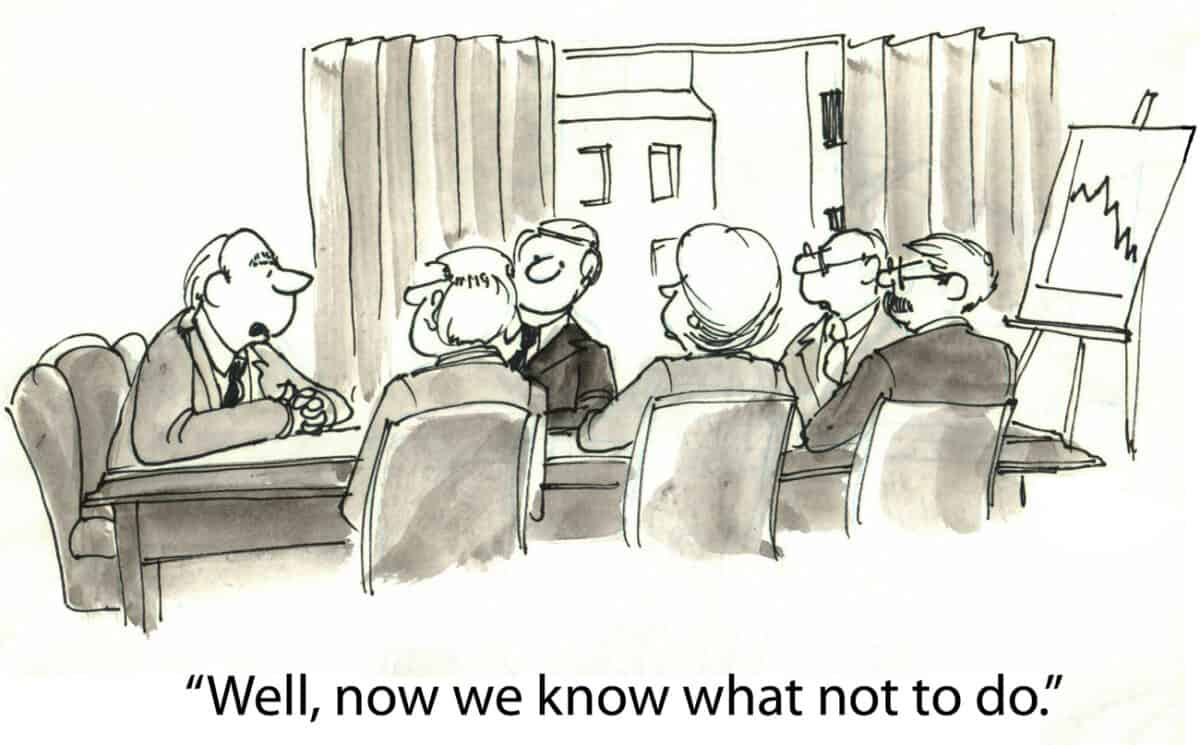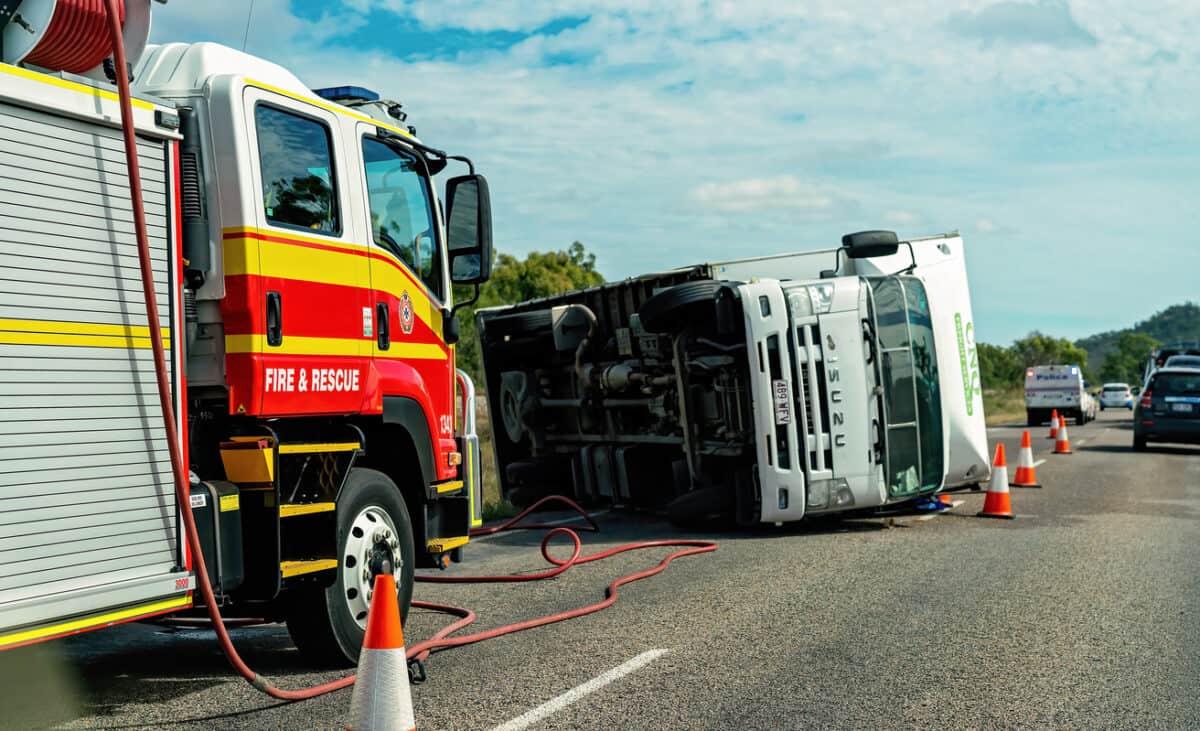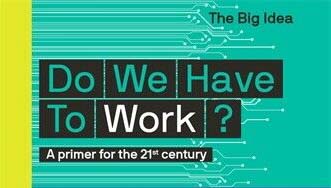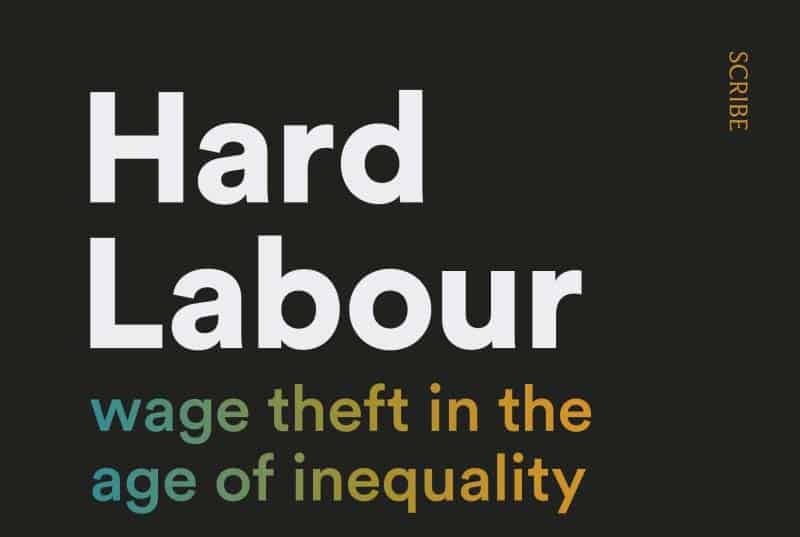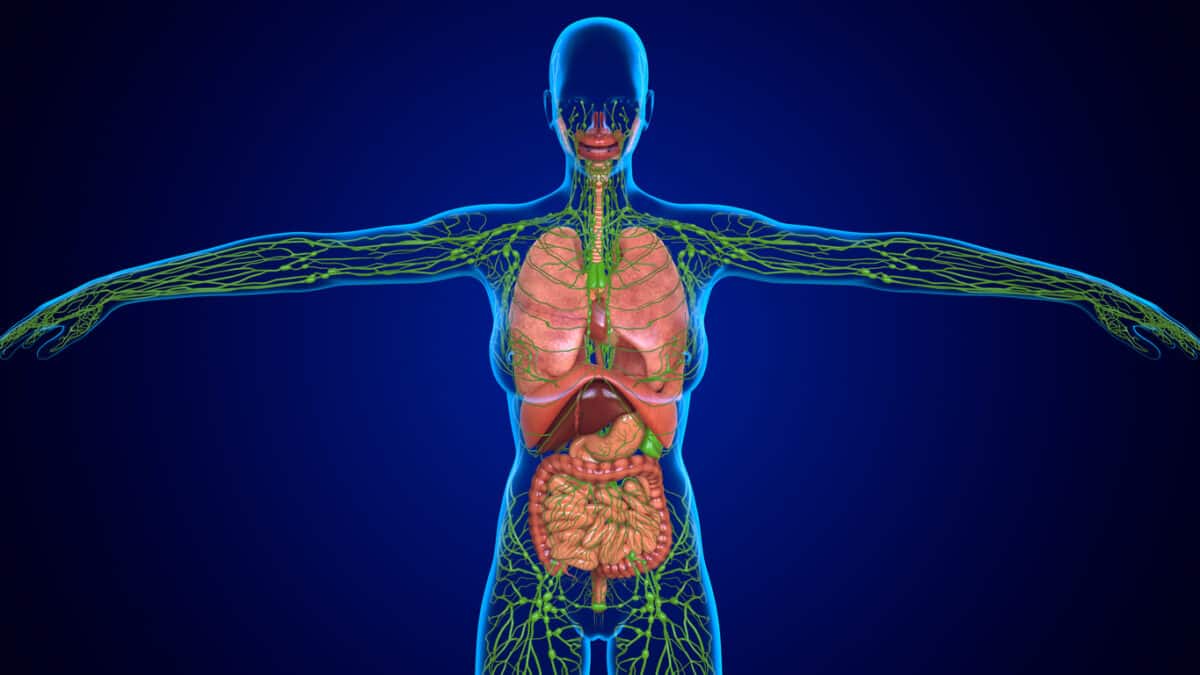Recently the Australian Industry Group Chief Executive, Innes Willox, addressed the National Press Club in Canberra. The AIGroup is one of the “go to” business groups, along with the Business Council of Australia and mining industry groups, that the business media knows will comment on anything when asked, and frequently when not asked. Willox’s August presentation was on Industrial Relations, but it also illustrates the workplace and political culture in which occupational health and safety (OHS) must operate.
Category: gig economy
A Neverending Story – Supply chain safety dispute
Several weeks ago, Scott’s Refrigerated Logistics, a prominent Australia trucking company, entered receivership. It seems the Transport Workers’ Union (TWU), as part of a long campaign, chose to take another potshot at one of Australia’s few supermarkets, Aldi, accusing it of “pressuring supply chains” when the average profit margin in this sector has been described as an average profit margin of only 2.5 per cent. Occupational Health and Safety (OHS) in Australia’s transport industry has always been an important issue and is regularly a political football.
The union’s claims are being echoed by Senator Tony Sheldon, a former national secretary of the TWU, in Parliament.
OHS tidbits from the latest Productivity Commission Report
On March 17 2023, the Australian government released the Productivity Commission’s latest 5-year Productivity Inquiry report. At well over a thousand pages, few people are going to read it to the level it deserves. Nor will I, but I have dipped into it and found a couple of important comments that relate directly to the management of occupational health and safety (OHS).
Trucking inquiries scare the Conservatives
Australia’s newspapers have recently reported on the moves by the Federal Government to review the safety and working conditions of the country’s truck drivers. As expected, The Australian newspaper is painting this as the Government paying back its ideological and financial backers – the trade unions – and the resurrection of the Road Safety Remuneration Tribunal (RSRT), even though the Government denies this will happen.
Occupational health and safety (OHS) sits behind some elements of the debate. As with most things OHS, it will not be a game-changer in a discussion over pay rates and minimum standards, but it is a serious consideration, and deservedly so.
Do we have to work?
You often learn more about your area of speciality from reading outside of that speciality. Matthew Taylor’s book “Do We Have To Work?” is one of those books though it overlaps with occupational health and safety (OHS), if one thinks of the role and place of OHS in modern business.
The Big Idea series of books by Thanes & Hudson uses a jaunty format that is jarring in some ways but attractive in others. Its pages use fonts of different sizes, lots of colour images and highlighted cross-references that look like a Dummies Guide on acid, but the content is so good the reader works out where to look and what to choose fairly quickly.
Wage theft needs more OHS analysis
Journalist Ben Schneiders has written an excellent book about wage theft in Australian businesses – where it came from, why it persists, and the inequality it generates through institutional and wilful exploitation. What is missing is a chapter, at least, on the occupational health and safety (OHS) contexts of this exploitation. OHS is touched on but is also missed when discussing some of the pay and working conditions.
Lymph v Blood – OHS at the Jobs & Skills Summit
If Industrial Relations is the lifeblood of the economy and the nation, then Occupational Health and Safety (OHS) is the lymphatic system, a less well-known supplementary system without which blood circulation fails and the body stops working.
Australia’s Job and Skills Summit that has just concluded focused on the blood. Media analysis offered mixed interpretations. The event was politically stage-managed with many agenda items pre-prepared for the Summit to confirm, but it was not a worthless gabfest, as some (who chose not to attend) have asserted. On the matter of occupational health and safety, there was one new initiative but most of the OHS change, if any, is now more likely to come through the (wellbeing) budget in October.

